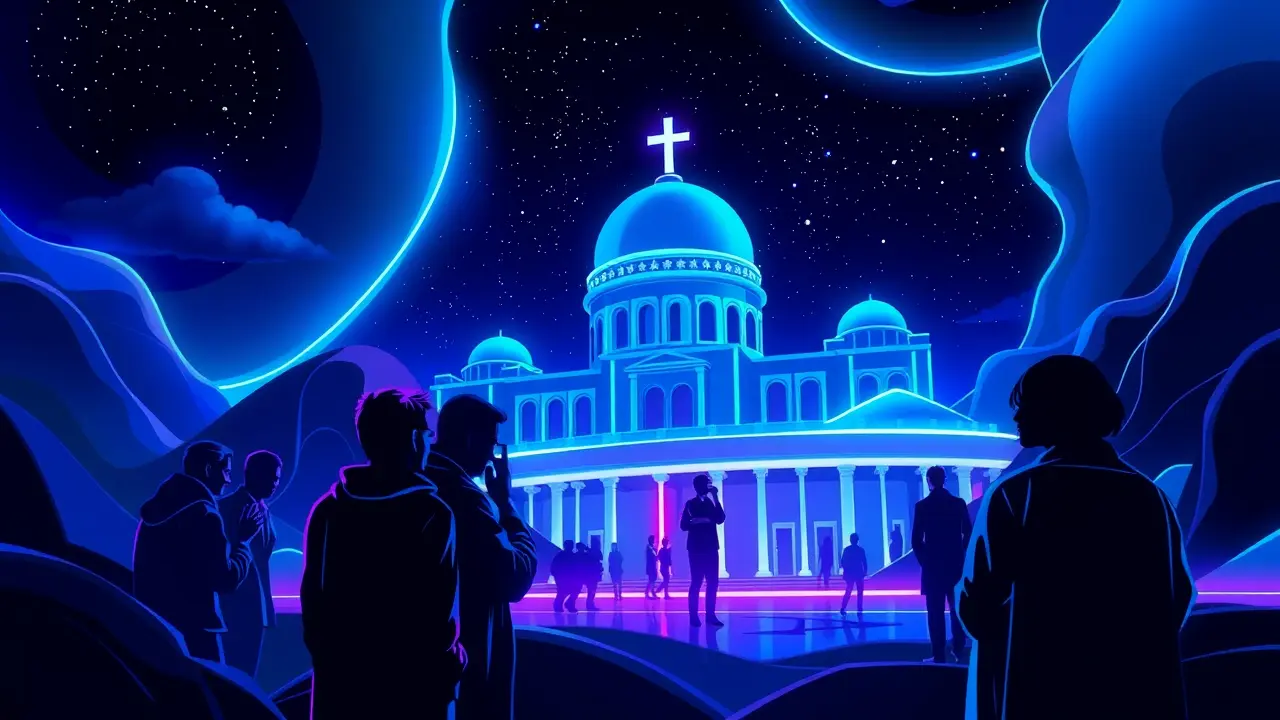
Politicsgovernments & cabinetsPolicy Agendas
Trump's Arts Focus Demands Unified Cultural Response.
RO
Robert Hayes
18 hours ago7 min read
The political landscape under a Trump administration, should it materialize, has often been analyzed through the traditional lenses of economic policy, foreign affairs, and legislative battles, yet a more subtle but equally consequential front is emerging: a deliberate and unprecedented focus on the arts and culture. This is not merely a sidebar to the main event of governance; it represents a fundamental shift in how executive power can shape national identity, historical narrative, and public discourse.To understand the gravity of this moment, one must look to historical precedents, where state engagement with culture has rarely been benign. Throughout the 20th century, from the Soviet Union's enforcement of Socialist Realism to the Nazi regime's curation of 'degenerate art' exhibitions, the weaponization of cultural expression has been a hallmark of authoritarian consolidation, serving to delineate orthodoxy from dissent and to rally a populace around a curated set of symbols and myths.The current situation demands a unified, coherent, and strategic response from the vast and often fragmented arts ecosystem—comprising museums, galleries, universities, philanthropic organizations, and individual artists—because a piecemeal or reactive posture will be insufficient against a coordinated political project that understands the power of narrative. The very definition of American art, the funding mechanisms that sustain it, and the institutional platforms that give it voice are now in the political crosshairs, with potential consequences ranging from the defunding of the National Endowment for the Arts and the impeachment of its core mission to support diverse and challenging work, to the elevation of a singular, state-sanctioned aesthetic that aligns with a specific ideological vision.This is not hyperbole; it is a reading of the political tea leaves that suggests a confrontation over cultural sovereignty is imminent. A unified response, therefore, must be multifaceted: it requires arts leaders to forge unprecedented coalitions, to develop a compelling public case for artistic freedom as a cornerstone of democracy—much as Churchill framed the defense of Western civilization—and to prepare for legal and advocacy battles that will defend the autonomy of cultural institutions from political interference.The stakes extend beyond gallery walls; they touch upon the nation's capacity for self-criticism, its embrace of pluralism, and its historical legacy. To dismiss this as a niche issue is to misunderstand the tools of modern political power. The arts are not a diversion from the serious business of statecraft; they are a primary battleground where the soul of a nation is contested, and the moment to organize a cohesive defense is not tomorrow, but now, before the contours of the new cultural policy are fully set in stone.
#arts policy
#Trump administration
#cultural funding
#government and arts
#editorial picks news
Stay Informed. Act Smarter.
Get weekly highlights, major headlines, and expert insights — then put your knowledge to work in our live prediction markets.
© 2025 Outpoll Service LTD. All rights reserved.